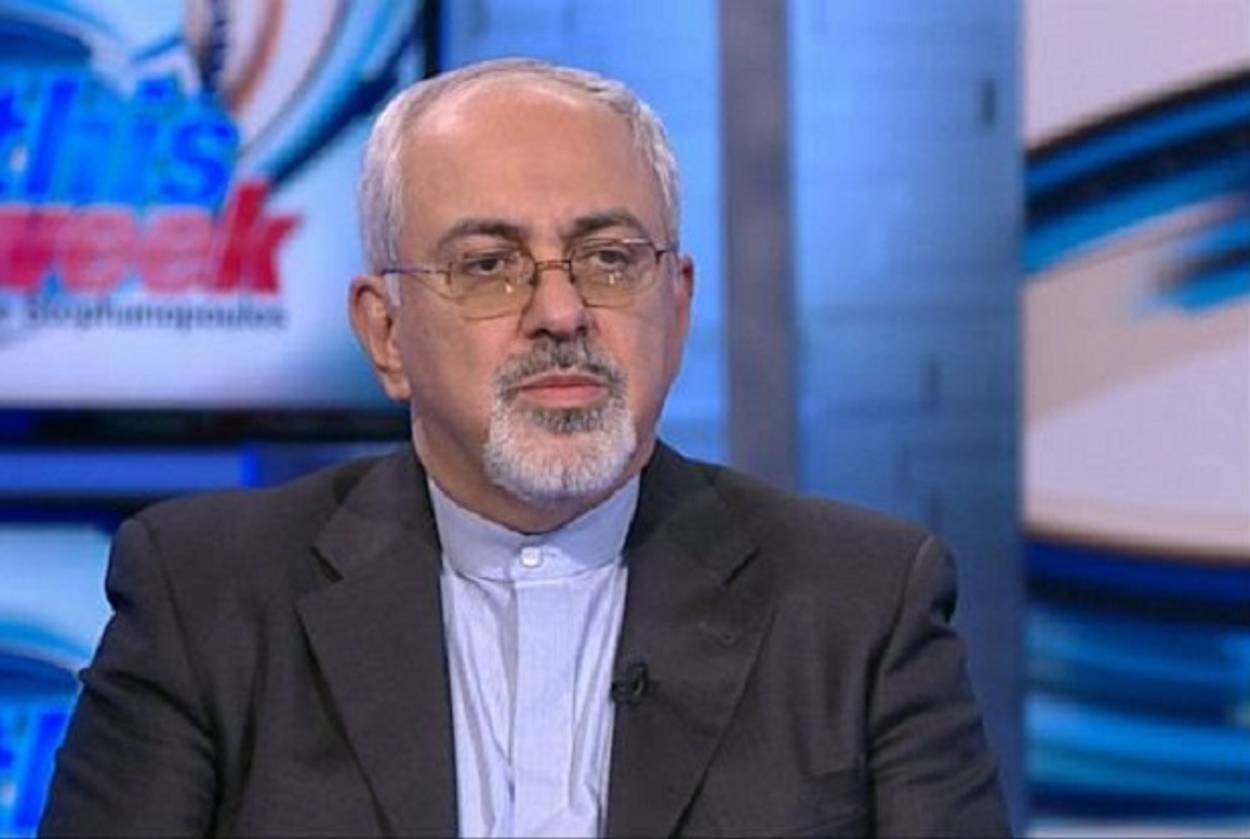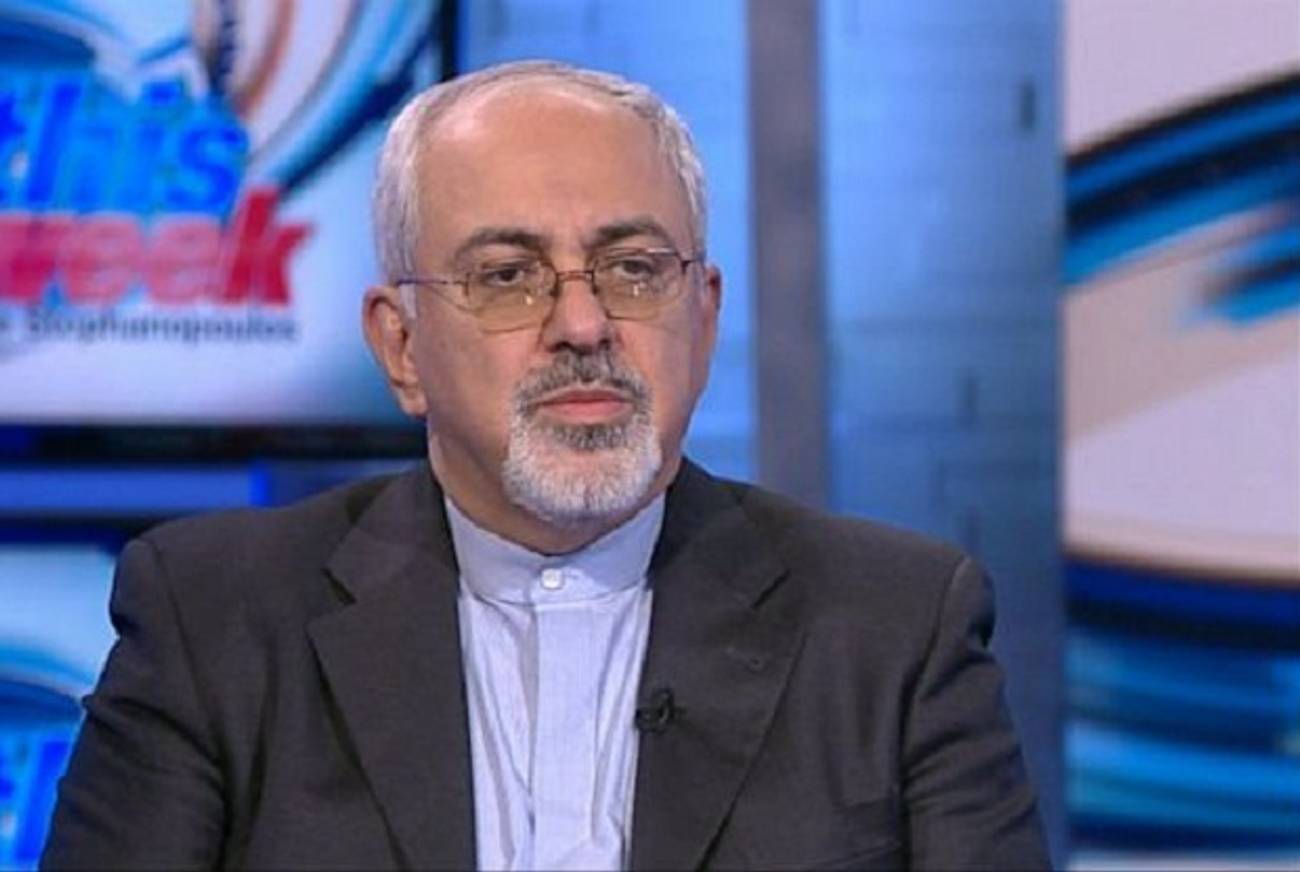Iran Nuclear Deal Is Still Not in Effect
The groups have resumed talking in Geneva though




As we noted last week, Iran’s negotiating team bolted from Vienna last week before the nuclear deal could be put in effect. It certainly wasn’t because of the food. After finding out that the United States had blacklisted 19 companies and individuals that helped Iran evade the international sanctions against it, the Iranian team went home in protest. Diplomats were quick to assure us all that things would be back on track soon.
A week later, the parties have resumed negotiations, but the ultimate implementation of the deal remains out of reach. Complicating things even more, those who have expressed doubt about the deal are…expressing them still.
Yesterday, France’s foreign minister poured some hot sauce on the whole process by saying that a final nuclear deal seemed unlikely. This seems important given that France is part of the negotiating team in Geneva right now. The Saudis chimed in as well, slamming the deal, the entire Western policy on Iran and the Mideast, and threatening to “act alone” if need be.
Most significantly, a bill was introduced in the United States Senate featuring sanctions that, if implemented, would kill the nuclear deal (according to Iran). The bill won’t be voted on until after the holiday recess. Back in Geneva, the P5+1 Group and Iran hope to finalize a working date for the agreement to begin.
But diplomats said much progress had been achieved in the four-day meeting on December 9-12 in Vienna, and expressed hope they could wrap up the practical discussions at meetings in Geneva on Thursday and Friday.
That could mean the seven countries – the United States, Russia, China, France, Britain, Germany and Iran – would be ready to agree on a date when the accord goes into effect.
Specifically, they would decide when western governments lift some economic sanctions and Iran curbs its most sensitive nuclear work.
In the meantime, it’s been nearly a month since the landmark deal was reached.
Adam Chandler was previously a staff writer at Tablet. His work has appeared in the New York Times, the Wall Street Journal, the Atlantic, Slate, Esquire, New York, and elsewhere. He tweets @allmychandler.